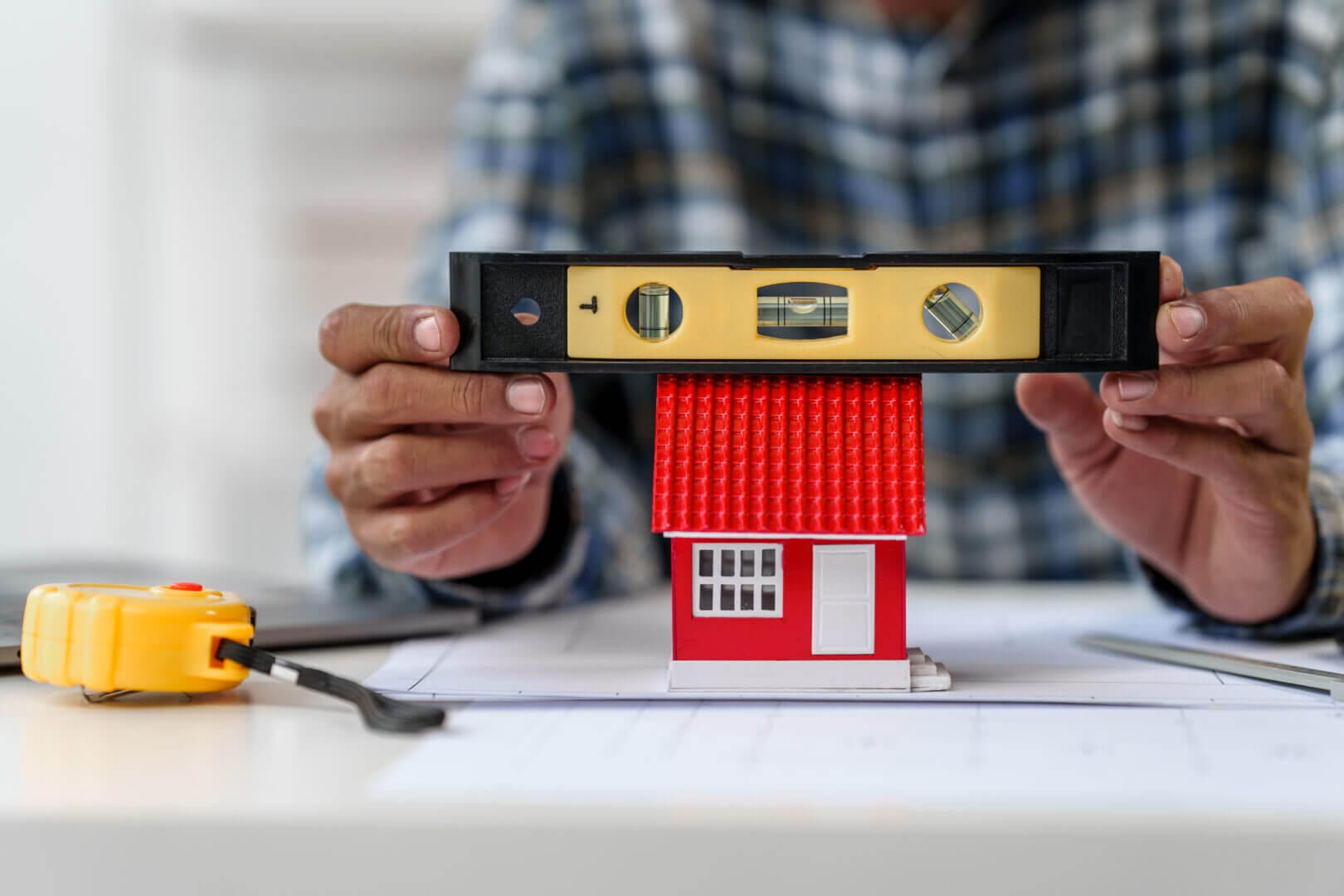In the rollercoaster ride of real estate transactions, the process of building inspections constitutes the ‘seatbelts’: an essential mechanism of safety and due diligence that prevents a potential ‘crash’ in your property deal. Whether you’re buying a cozy first home, selling a spacious family estate, or a real estate professional navigating through countless properties, the subject of building inspections is an arena where knowledge can be the key to confidence. This post is designed to illuminate the nuances of building inspections – a topic often clouded with technical jargon and critical to both sides of the real estate conversation.
What are Building Inspections?
Building inspections are comprehensive evaluations of a property’s current state, covering everything from the roof to the foundation. This process helps to identify any structural defects or problems that could compromise the safety, health, or comfort of structures. Building inspections serve different parties at different stages of a real estate transaction. For a buyer, it’s an investigative tool, providing peace of mind, or crucial leveraging in the negotiation process. A seller may use the insights from an inspection to highlight the upkeep of their property, potentially increasing its market value.
The Inspection Process Unveiled
The inspection process is not just about ticking off items on a checklist; it’s about a methodical scrutiny of your potential investment. While the duration varies based on property size and complexity, the inspector typically examines the following:
Structure: This includes foundations, walls, and framing, ensuring everything is sound.
Roof: Inspectors will check for any signs of damage or weak points that could result in leaks.
Plumbing: Inspections cover both visible piping and systems, often looking for leaks and drainage issues.
Electrical: A thorough examination of the electrical systems is conducted, ensuring that all wiring and fixtures are safe and in working order.
HVAC: Heating, ventilation, and air conditioning systems are tested for efficiency and potential need for repairs or maintenance.
Interior: Inspectors will look for signs of water damage, mold, and other issues that could affect the livability of the space.
Exterior: This includes siding, windows, and doors to ensure the home is properly sealed against the elements.
Insulation and Ventilation: Proper insulation and ventilation are important for energy efficiency and to prevent issues such as moisture buildup.
The Advantages of a Clear Inspection
For Buyers:
Peace of Mind: Discovering that your dream home is also a safe home is a victorious realization.
Negotiating Power: Armed with a detailed report, you can negotiate for repairs or a reduction in the asking price.
For Sellers:
Value Highlighting: An issue-free inspection can be a powerful endorsement of the property’s worth.
Proactive Issue Resolution: Addressing concerns prior to listing can streamline the selling process and potentially lead to a higher sale price.
Typical Inspection Discoveries and What They Mean
Home inspections often uncover a range of issues. Here are common problems and their implications:
Water Damage: This discovery can be a major red flag, highlighting potential structural issues and mold growth.
Electrical Faults: These not only pose immediate safety risks but signal the need for costly repairs or updates.
Foundation Defects: This is one of the most significant and expensive issues to address in a property.
Pest Infestation: An infestation can cause long-term damage to a property and may lead to health hazards.
Selecting the Best Inspector
The crux of a successful inspection lies in the hands of the professional inspector. Consider the following when selecting an inspector:
Qualifications and Experience: Ensure that the inspector is certified and has significant experience.
Reputation: Word-of-mouth recommendations and online reviews can give you insight into their service quality.
Thoroughness: The best inspectors are known for their comprehensive approach; they leave no stone unturned during the process.
Clear Reporting: A good inspector provides a detailed report with photos and explanations for easy understanding.
Case Studies: Inspections in Real Estate Transactions
“The Small Leak That Drowned the Deal”
In a property on the market for premium pricing, a seemingly minor leak in the basement translated into extensive water damage, affecting the structure’s integrity. This find led to a significant price reduction and weeks of intense repairs, delaying the sale.
“Proactive Pre-Listing Payoff”
A seller opted for a pre-listing inspection, which revealed and resolved multiple minor issues that could have become deal-breakers. This proactive step bolstered the asking price and led to a swift, smooth sale.






